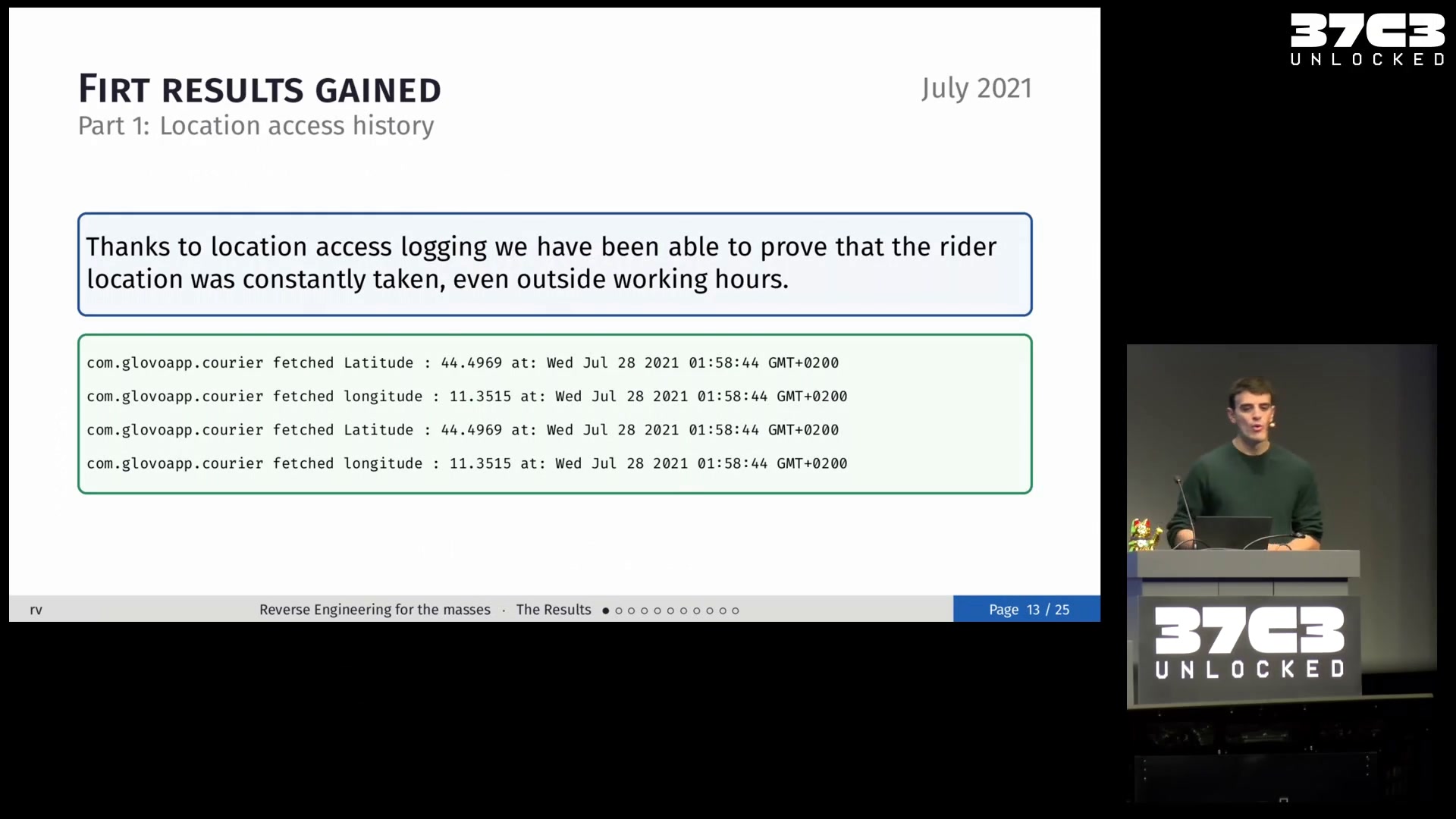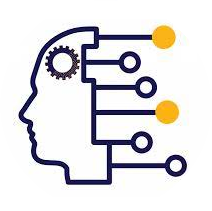It’s hard to say because I started when I was 4. I know the first one I have memory of, though: The Settlers. I was probably 5 by that point. I also have a very clear memory of my father, who would die two years later, coming back home from work, to whom I said: “I finished the first level of The Settlers before you”, to which he replied: “No shit (or something like that), you don’t have to go to work”. There, I understood work wasn’t a great thing.
I also have other memories of The Settlers and other games when my father was still alive, so it was necessarily before I was 7. These include: The Chaos Engine, Arkanoid, Cannon Fodder, Lemmings, Monkey Island 1 (it was 13 floppy disks). All of this was before I could really read and they were in English anyway (except Monkey Island), which I didn’t speak. I played on an Amiga 500.




































Federated software, for most people, is still entangled in a competition with mainstream social media, so the biological, psychological and social implications of the attention economy are still there. First and foremost, because they have to attract users away, and if they are boring, only people motivated by duty or politics will move and that’s a microscopic percentage. You cannot offer a pbj to a heroin addict and hope they will quit. If anything, the federated social media do not offer enough interesting content.
What you’re questioning though is somehow intrinsic to the nature of social media, especially when contrasted with social networks. Is the consumption of “content” (derogatory) in itself a problem? I would say yes, but then the solution is to ditch social media entirely. That’s a shortcoming of federated software’s (lack of) political grounding: they expect that by liberating data, they will liberate people. Such a thing never happened: software doesn’t alter social or productive relations, it just grows within the boundaries allowed by existing social structures.